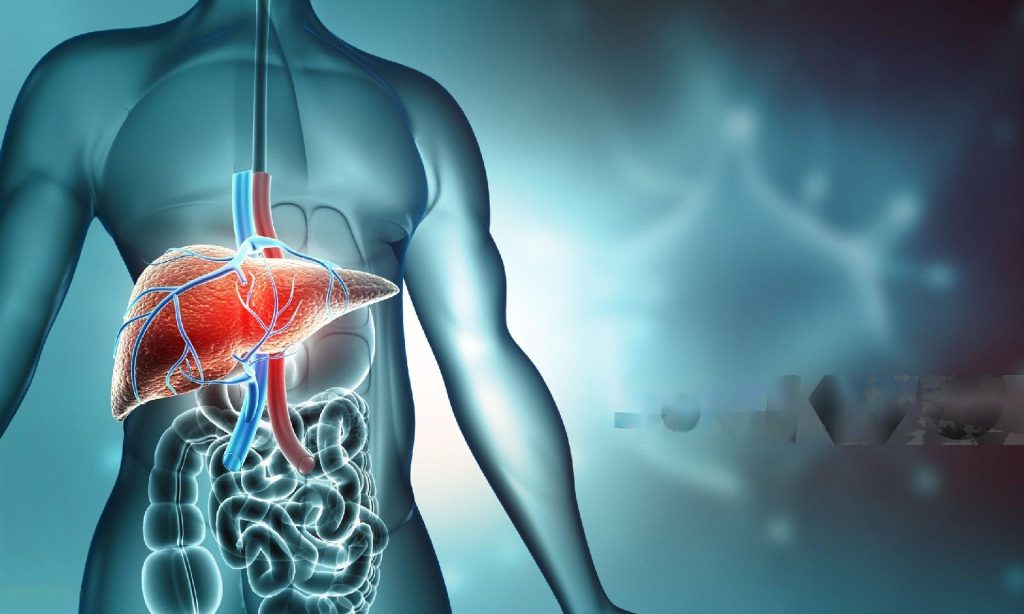Anemia
Home / Anemia
Anemia
Anemia is a condition characterized by a deficiency of red blood cells (RBCs) or hemoglobin in the blood, leading to a reduced capacity to carry oxygen to the body’s tissues. This can result in fatigue, weakness, and other health issues.

Types of Anemia
1. Iron-Deficiency Anemia:
The most common type, caused by insufficient iron to produce hemoglobin.
Causes: Poor diet, blood loss (e.g., heavy menstruation, gastrointestinal bleeding), or malabsorption.
Symptoms: Fatigue, pale skin, shortness of breath, and dizziness.
2.Vitamin Deficiency Anemia:
Caused by a lack of vitamins essential for RBC production, primarily vitamin B12 and folate.
Symptoms: Fatigue, weakness, pale skin, and neurological symptoms (in B12 deficiency).
3.Anemia of Chronic Disease:
Occurs in individuals with chronic illnesses (e.g., cancer, chronic kidney disease, autoimmune diseases).
Mechanism: The body’s response to chronic inflammation affects iron metabolism and RBC production.
4.Aplastic Anemia:
- A rare condition where the bone marrow fails to produce adequate blood cells.
- Causes: Autoimmune disorders, certain medications, and exposure to toxins.
- Symptoms: Fatigue, frequent infections, and excessive bleeding or bruising.
5.Hemolytic Anemia:
Occurs when RBCs are destroyed faster than they can be produced.
Causes: Genetic disorders (like sickle cell disease), autoimmune diseases, infections, or certain medications.
Symptoms: Fatigue, jaundice, dark urine, and an enlarged spleen.
6.Sickle Cell Anemia:
Diagnosis of anemia typically involves:
- A genetic disorder causing RBCs to assume a sickle shape, leading to blockages in blood flow.
- Symptoms: Pain episodes, fatigue, and increased risk of infections.
Diagnosis
- Blood Tests: Complete blood count (CBC) to measure hemoglobin levels and RBC count, and additional tests to determine iron levels, vitamin B12, and folate levels.
- Bone Marrow Biopsy: In certain cases, to assess bone marrow function and production.
Treatment
Treatment depends on the type and cause of anemia:
- Iron-Deficiency Anemia: Iron supplements and dietary changes (increased intake of iron-rich foods).
- Vitamin Deficiency Anemia: Vitamin B12 or folate supplements and dietary adjustments.
- Anemia of Chronic Disease: Managing the underlying chronic condition.
- Aplastic Anemia: May require medications, blood transfusions, or bone marrow transplants.
- Hemolytic Anemia: Treatment varies based on the cause, including corticosteroids or immunosuppressive drugs.
Prevention and Management
- Dietary Changes: Incorporating iron-rich foods (red meat, beans, lentils) and vitamin-rich foods (leafy greens, fruits, fortified cereals).
- Regular Check-Ups: Monitoring blood levels, especially for those at higher risk (e.g., pregnant women, individuals with chronic diseases).
- Education: Understanding the importance of nutrition and recognizing symptoms early can aid in timely intervention.
Book An Appointment
Other services
- Diabetes
- Hypertension
- Febrile illness
- Glomerular disease
- Liver and gastrointestinal diseases
- Anemia
- Pediatric kidney disease
- Tubular disorders
- Chronic kidney disease
- Acute kidney injury
- Urinary tract infection and stone
- Renal transplant work up
- Respiratory disorders
